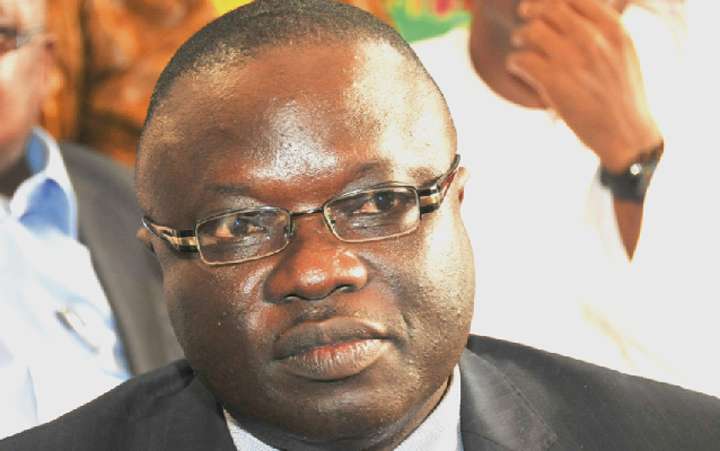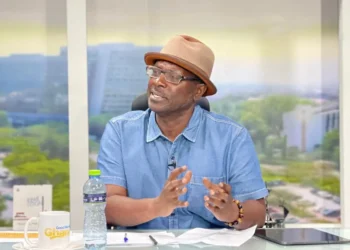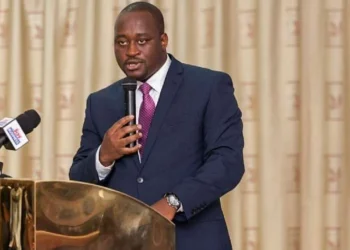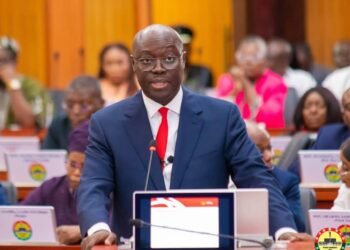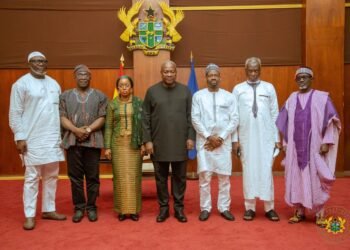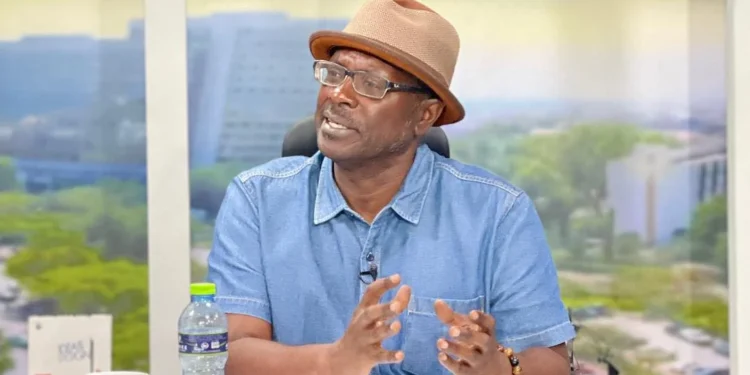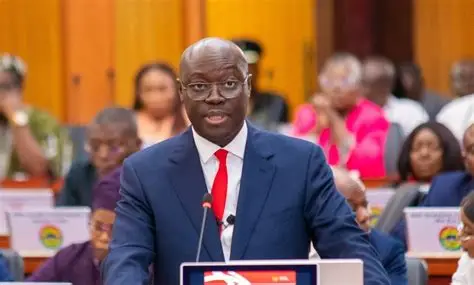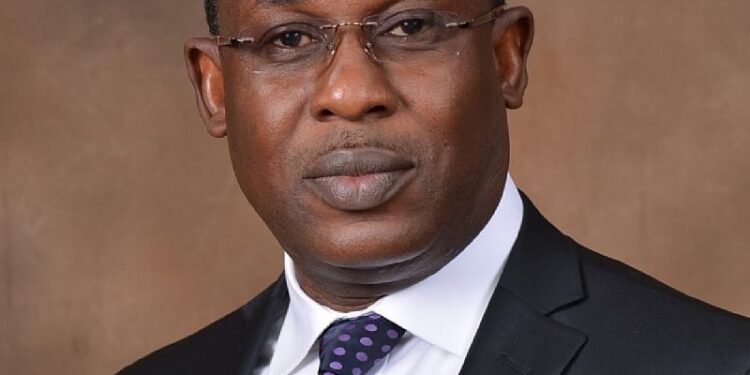Ranking Member on the Committee for Water and Sanitation, Vincent Oppong Asamoah, has called on the government through the Ministry of Sanitation and Water Resources to set out a clear a plan to address the prevailing water crisis in the country.
Expressing concern, he cited the recent press release from the Ghana Water Company Limited, (GWCL), announcing the rationing of water in parts of the country including Greater Accra, Ashanti, Central, Western and Northern regions. Mr Asamoah revealed that the management of the GWCL is blaming the dry season for the erratic supply and the acute treated water shortages being experienced by consumers in these areas.
“With this dire water crisis situation, the Minority is calling on the NPP government, through the sector Minister, to come out with a clear plan to address the water crisis to avoid outbreak of water-borne diseases”.
Contained in a press release signed by Mr Asamoah, he disclosed that the advice to consumers to conserve treated water during the dry season, which has just started, is welcome. However, he noted that the move is completely misplaced. Mr Asamoah entreated the New Patriotic Party, government and the company to be transparent with Ghanaians on what has led to the “dismal performance” and failure in providing sufficient potable water for consumers.
Mr Asamoah mentioned that some identified problems which he expects government to address includes the Teshie-Nungua Desalination Water project, status of the galamsey fight to prevent pollution and improve water quality and quantity.
Other matter of serious concern the ranking member for water and sanitation cited is the status of the continuation of the several rural, “peri-urban and small town projects” undertaken by the National Democratic Congress (NDC), governments which brought potable water accessibility level to 82% in Ghana.
Parliamentary Select Committee urged to visit affected water systems
Following this, he requested the Parliamentary Select Committee to urgently visit some of the affected “water systems” in the various regions to assess the actual situation and the full impact of the crisis”.
The Teshie-Nungua desalination water project, Mr Asamoah revealed, which was supplying over 13 million gallons of water per day to about half a million people, is not producing as expected. The NPP government, Mr Asamoah emphasized, has woefully failed to find enough funding for expansion works in the water sector as expected.
“Since there are no galamsey issues in Greater Accra, we don’t expect the region to be affected. The fight against galamsey has failed to the extent that some head pumps in the central region has been shut down due to both quantity and quality of water supply. The Ashanti region and all other regions affected by the galamsey are facing the same challenges”.
It would be recalled that the Ghana Water Company Limited (GWCL) in a press release dated January 13, admitted that some parts of the country were experiencing erratic water supply.
The GWCL indicated that the impact of the dry season on the raw water sources, has been impacted by activities of illegal alluvial mining, popularly known as galamsey.
That notwithstanding, the company assured that everything possible is being done to ameliorate the situation.
Among other things, the GWCL announced some interim conservation measures. They called on consumers to report all burst pipes and leakages immediately to the nearest GWCL district offices, Customer Services Centres and Fault Offices.
The GWLC also implored the general public to, “repair all leakages in homes, like overflowing reservoirs and dripping taps and valves”. It equally warned that the little drops may lead to increased water bills.
“Shut all taps when not in use; moderate the use of treated water for car washing by resorting to the use of buckets, instead of hoses; cease indiscriminate watering of lawns with treated water”.
GWCL
READ ALSO: Industrial Relations Isn’t Built Around Tension- Austin Gameh

